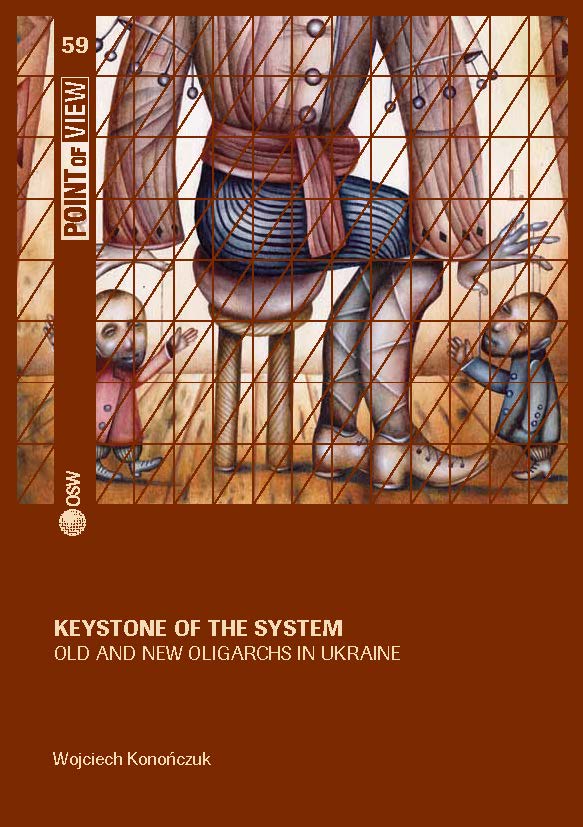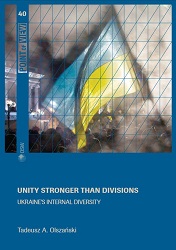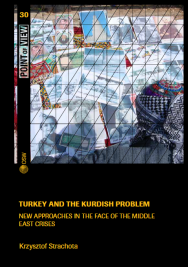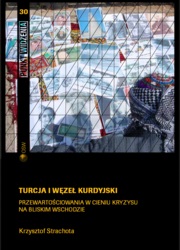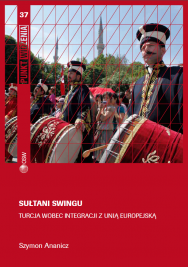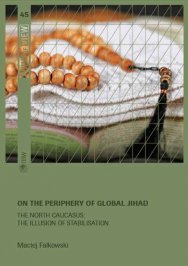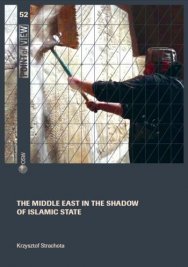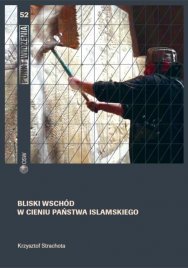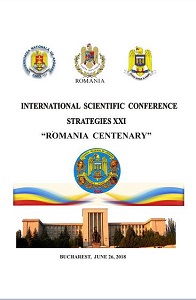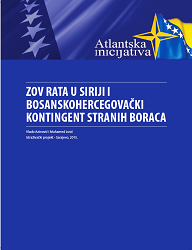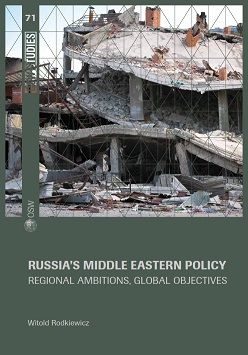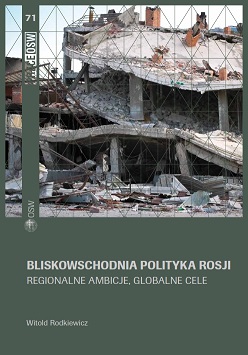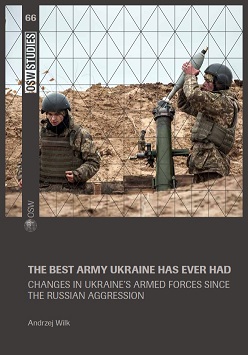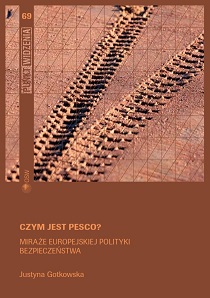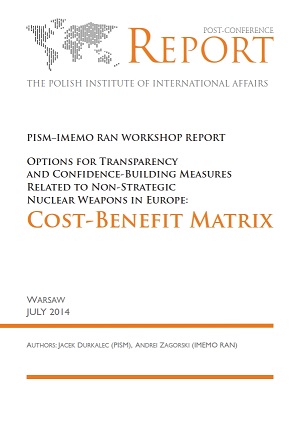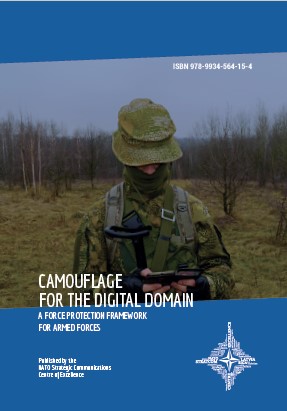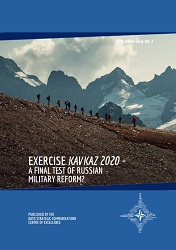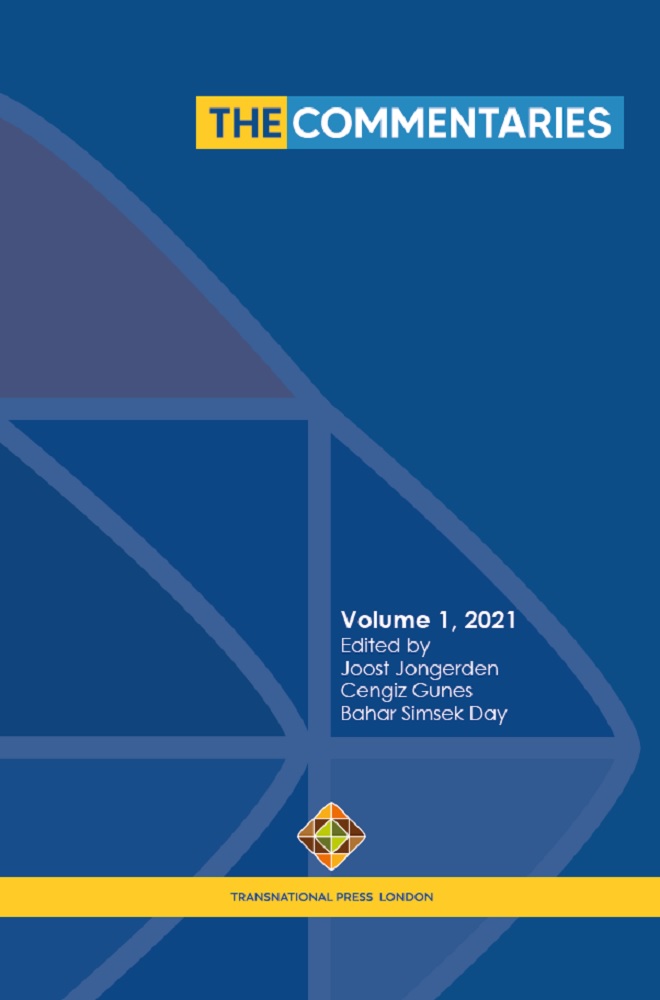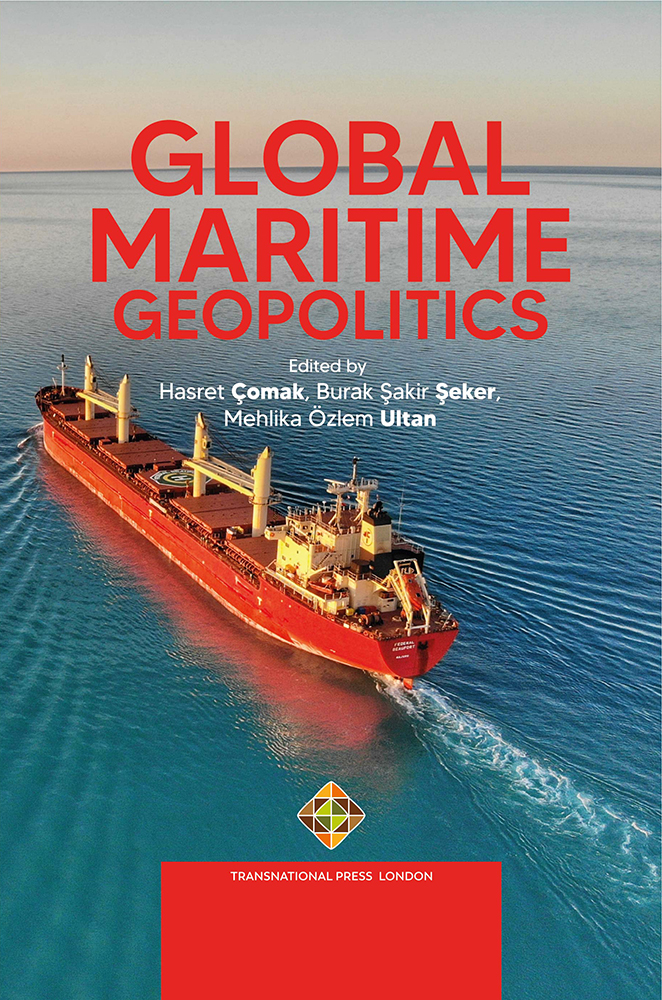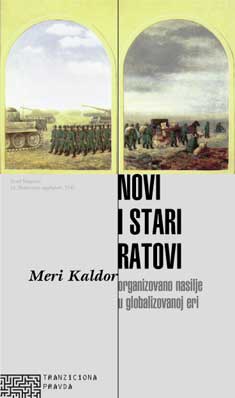
Novi i stari ratovi – organizovano nasilje u globalizovanoj eri
In the context of globalization, this book has shown that what we think of as war - that is to say, war between states in which the aim is to inflict maximum violence - is becoming an anachronism. In its place is a new type of organized violence or 'new wars', which could be described as a mixture of war, organized crime and massive violations of human rights. The actors are both global and local, public and private. The wars are fought for particularistic political goals using tactics of terror and destabilization that are theoretically outlawed by the rules of modern warfare. An informal criminalized economy is built into the functioning of the new wars.Kaldor's analysis offers a basis for a cosmopolitan political response to these wars, in which the monopoly of legitimate organized violence is reconstructed on a transnational basis and international peacekeeping is reconceptualized as cosmopolitan law enforcement. This approach also has implications for the reconstruction of civil society, political institutions, and economic and social relations.
More...
